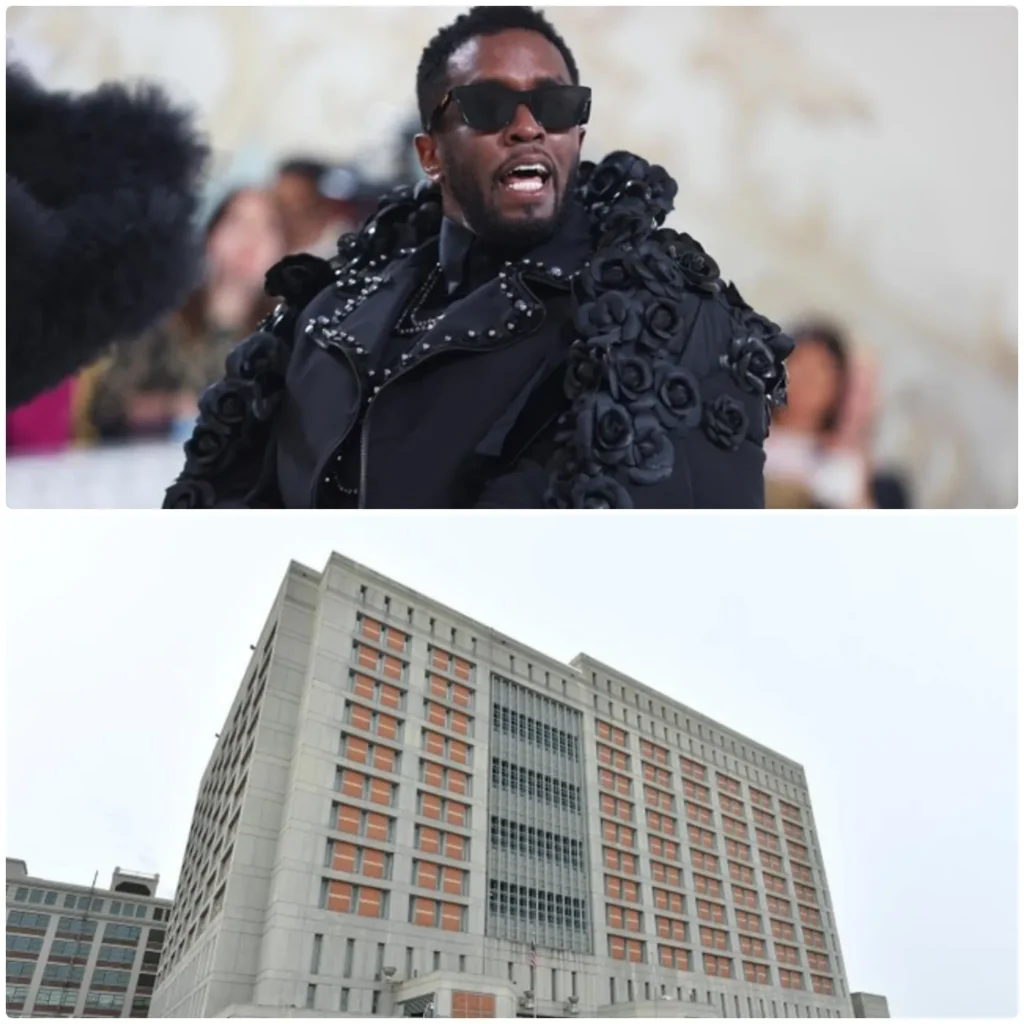
The Harsh Living Conditions of Diddy in Federal Prison
The Harsh Living Conditions of Diddy in Federal Prison
Former television star Timothy Smith has shed light on the dire living conditions that Sean “Diddy” Combs is facing in federal prison. Despite his wealth and status, Diddy is reportedly enduring a challenging environment at the Metropolitan Detention Center in Brooklyn, New York, where he is awaiting trial on multiple serious charges, including sex trafficking.
Diddy’s Failed Bail Attempt
After being indicted in mid-September, Diddy attempted to secure bail but was denied by the judge. This refusal placed the hip-hop mogul in a facility notorious for its harsh conditions, where financial resources offer no special privileges. Smith, who has experience in federal prison, emphasized that inmates like Diddy face restrictions completely contrary to the perks one might expect for a celebrity.

Diddy’s Life in Federal Prison
Smith explained to Daily Mail Australia that contrary to popular belief, Diddy’s wealth does not grant him any special treatment. He said, “Your money and status don’t buy you any benefits. When you’re in federal custody, the conditions are very restrictive.” Prisoners are only allowed basic items like jumpsuits and sneakers. Any attempt to stockpile personal belongings can result in confiscation during prison inspections.
Diddy is currently being held in administrative segregation, meaning he has no contact with other inmates. This area lacks amenities such as televisions or radios, providing only a Bible and one additional book per week. Even if he were moved to the general population, conditions would remain tough, with hundreds of inmates sharing a few televisions, often divided along racial lines.

Beyond the harsh living conditions, Diddy also faces significant communication restrictions. Smith highlighted that inmates are allotted only 300 minutes of phone calls per month. This means that if Diddy used the phone for 30 minutes a day, he could exhaust his minutes within the first ten days, leaving him isolated for the remainder of the month. Smith emphasized, “His wealth means nothing here.”
What Must Be Endured in This Notorious Prison
Smith warned that when federal authorities decide to prosecute someone, they often have strong evidence against that individual. He advised Diddy to accept the reality of his situation, as negotiating to escape federal charges is often futile. Smith concluded, “In my experience, those who take their case to trial believing they can win often end up with harsher sentences than if they had accepted a plea deal.”
Timothy Smith isn’t the only one speaking out about the conditions at the Metropolitan Detention Center. Another former inmate, Larry Levine, reported to NewsNation that the food served is often bland, overly rich in carbohydrates, and sometimes even moldy. Diddy faces a higher risk of food poisoning due to the poor quality of meals.

Reports indicate that the Metropolitan Detention Center is suffering from understaffing, frequent lockdowns, and outbreaks of violence. Delays in accessing medical care and incidents of suicide or death among inmates have also been reported. In Diddy’s bail application, his lawyers noted that several courts have recognized the conditions at this facility as unfit for pre-trial detention.
The New York Times previously shared the concerns of the lawyer of Edwin Cordero, an inmate who died after a violent fight in the prison. Lawyers describe the environment as overcrowded, understaffed, and abandoned, comparing it to a living hell.
As Sean “Diddy” Combs navigates the complexities of his legal battle, the harsh realities of life in federal prison weigh heavily on him. With no special privileges granted by his wealth, Diddy faces a grueling experience, serving as a stark reminder of the inherent challenges within the justice system. The ongoing investigation and trial will undoubtedly draw attention not only to the charges against him but also to the broader issues regarding prison conditions that many inmates face.